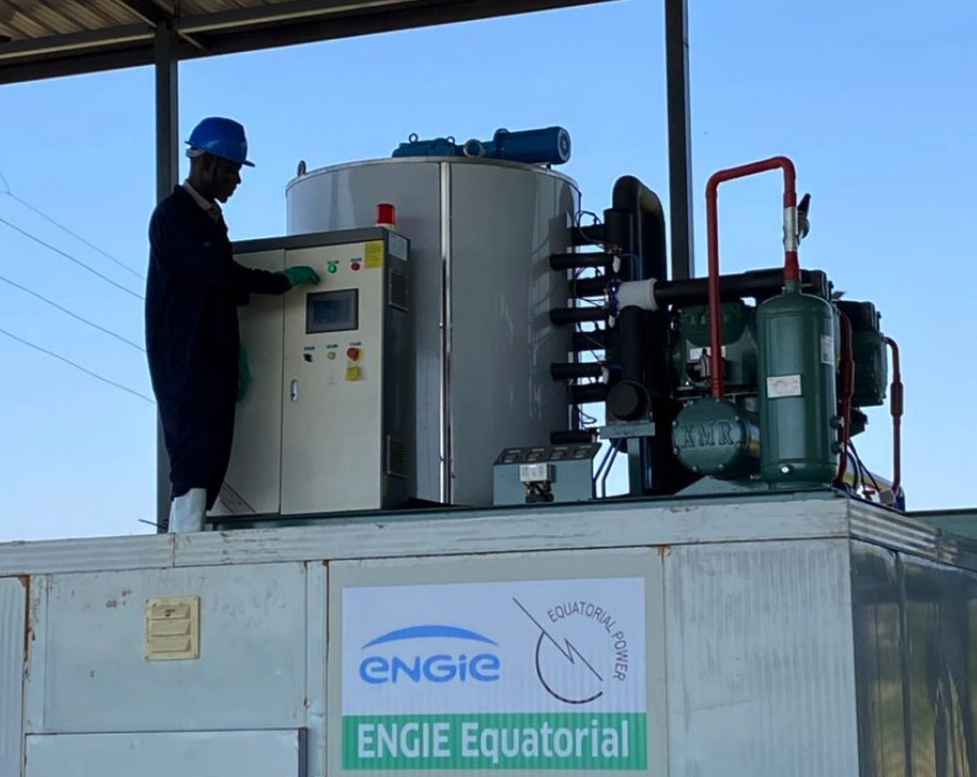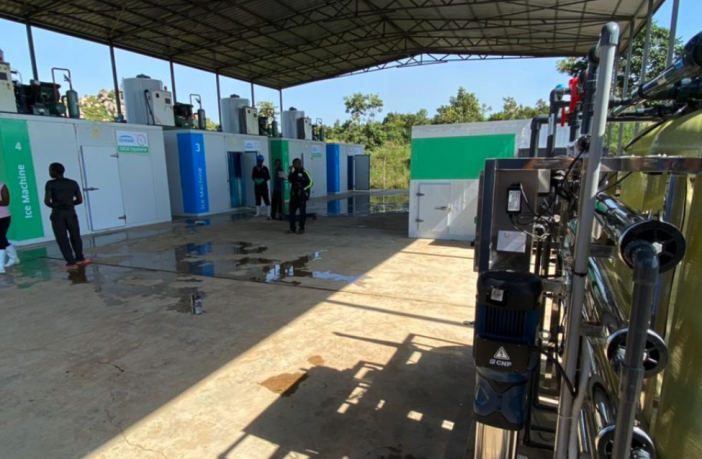- ENGIE Equatorial has announced that the Lolwe hybrid solar 600 kWp mini-grid, with integrated productive hub and e-mobility, has been inaugurated on Lolwe Island, Uganda, in the presence of Uganda’s Minister of Energy Hon. Ruth Nankabirwa.
This joint project between ENGIE Energy Access and Equatorial Power Ltd. is the most advanced mini-grid on the African continent. It is the result of a strong African-European alliance and is a real game-changer for the energy landscape in Uganda and the continent at large.
This project, which sets new records in terms of value and replicability, connects over 3,000 households and more than 700 businesses, impacting 15,000 people and providing clean, reliable electricity, as well as a range of other services. The project addresses the urgent needs of the local population, which lacks access to clean, reliable energy and clean water. The project is scalable to the entire Lake Victoria region (the largest lake in Africa) and can be rolled out across other African countries.

The hub includes water-pumping, distribution and purification services. Image credit: Equitorial Power
Beyond delivering affordable, reliable and renewable electricity, the Lolwe mini-grid features a productive hub that will transform raw materials into value-adding products, addressing basic needs that are currently insufficiently met on the islands. The hub includes water-pumping, distribution and purification services, modern fish-drying facilities and ice-making devices to conserve the daily catch of fish.
An electric mobility solution for fishing boats and motorcycles completes the integrated and green energy-enabled infrastructure on the site, for the benefit of users. ENGIE Equatorial is also providing business incubation and asset-financing services to empower the growth of local businesses.
The Lolwe project is a truly scalable model – matching green infrastructure and ICT innovation to deliver real impact. This is the beginning of a “mini-grid 2.0” model that delivers more for investors and communities alike. It is a significant milestone and benchmark for the energy access space.
Riccardo Ridolfi, CEO of ENGIE Equatorial, says: “With the Lowe project, we demonstrate our vision of energy access: electricity to us is not an end but a means to offer other essential services like clean water, agro-processing, and electric mobility as well. This is the vision we believe will truly impact communities and bring financially and socially sustainable development to the African continent.”
Gillian-Alexandre Huart, CEO of ENGIE Energy Access, comments: “The Lolwe mini-grid’s distributed renewable technology and integrated business model will significantly improve the lives and economic perspectives of the underserved communities living far from the grid. The Lolwe mini-grid is setting the stage for the next generation of decentralized energy infrastructure, and will help to accelerate universal energy access.”
With adequate institutional support, ENGIE Equatorial is committed to investing substantial amounts of capital to replicate this project across all the islands of Lake Victoria and beyond.
Author: Bryan Groenendaal
Source: Equitorial Power
















